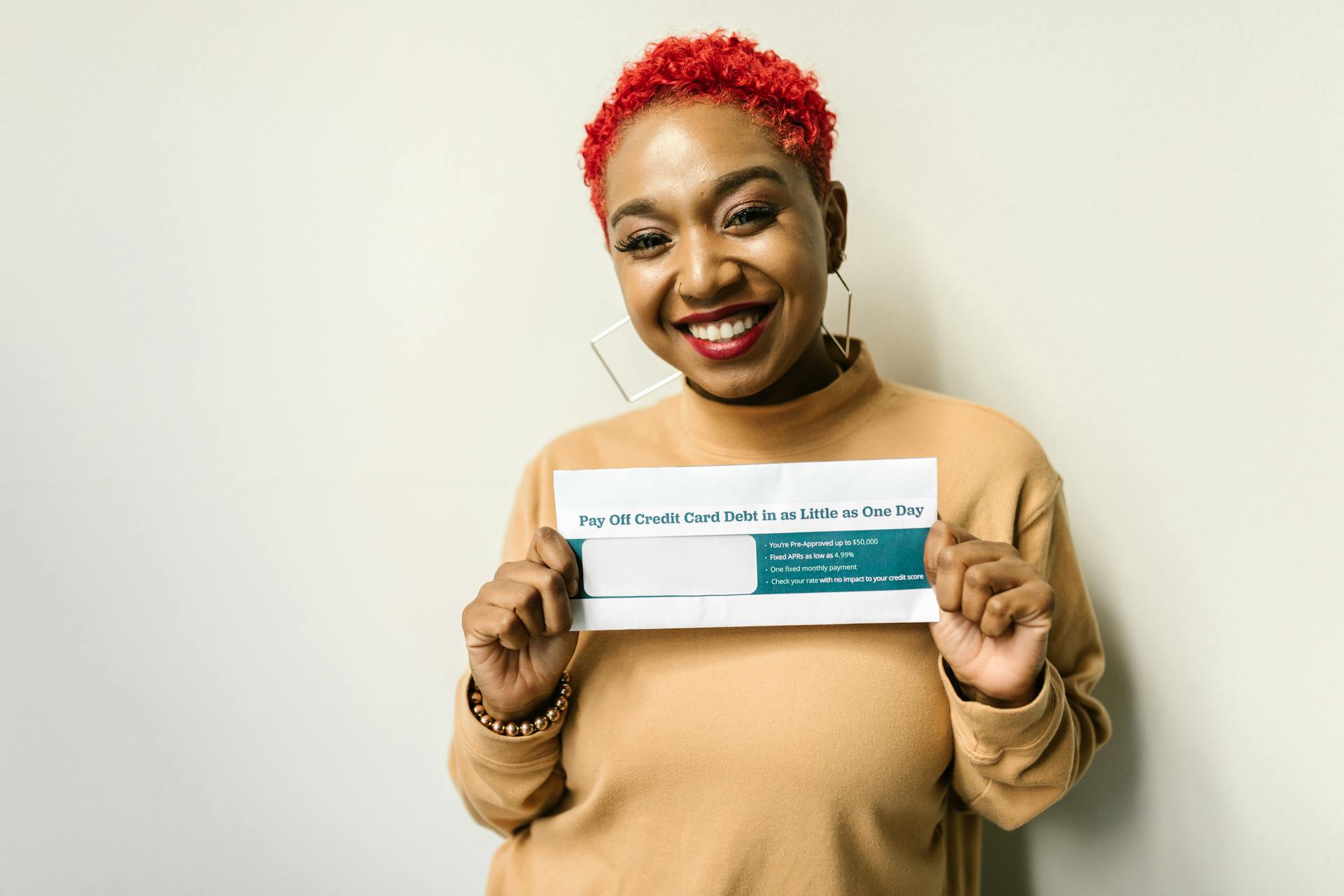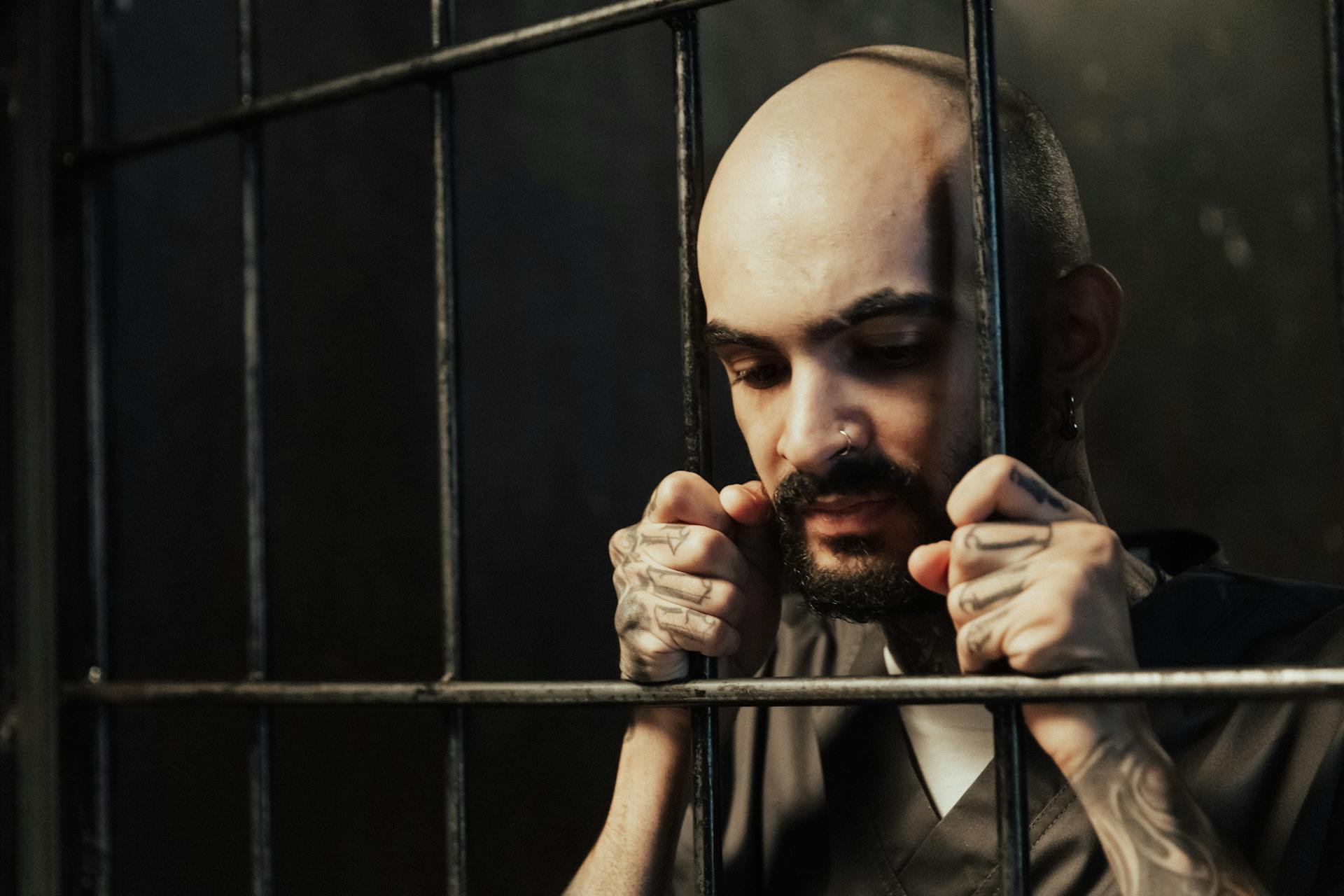
A HIPAA violation can be a serious offense, and understanding the severity of the consequences is crucial.
In the United States, a HIPAA violation can be considered a felony, depending on the circumstances.
The maximum penalty for a HIPAA violation can be up to $250,000 for individuals and $1.5 million for organizations.
Repeating a HIPAA violation can lead to even harsher penalties, including up to 10 years in prison for individuals.
What Is a Violation?
A HIPAA violation occurs when a healthcare organization fails to comply with the rules and standards set by HIPAA. This can include a wide range of potential violations, such as unauthorized access of protected health information (PHI) or electronic protected health information (ePHI).
Delayed breach notifications can also be considered a HIPAA violation, which can lead to serious consequences for patients.
Failure to perform an organization-wide risk analysis is another example of a HIPAA violation. This is a critical step in identifying and mitigating potential security risks.
A fresh viewpoint: Billing Information Is Protected under Hipaa
Failure to enter into a HIPAA-compliant business associate agreement is also a HIPAA violation that can have serious consequences.
Some other examples of HIPAA violations include wrongful disclosures of PHI, failure to safeguard PHI, and failed or non-existent risk management processes.
Here are some specific examples of HIPAA violations:
- Unauthorized access of PHI/ePHI
- Delayed breach notifications
- Failure to perform an organization-wide risk analysis
- Failure to enter into a HIPAA-compliant business associate agreement
- Wrongful disclosures of PHI
- Failure to safeguard PHI
- Failed or non-existent risk management processes
- Failure to implement sufficient access controls
Consequences of HIPAA Violation
A HIPAA violation can have severe consequences, including financial, reputational, and legal repercussions.
The Department of Justice (DOJ) prosecutes criminal HIPAA violations, which can result in fines and imprisonment.
Individuals who directly violate HIPAA regulations may face legal consequences, including fines up to $250,000 and imprisonment for up to 10 years, particularly for intentional and egregious breaches.
Civil penalties for HIPAA violations can be substantial, potentially reaching millions of dollars for widespread or repeated offenses.
Healthcare providers or organizations found in violation of HIPAA may incur civil fines imposed by the Office for Civil Rights (OCR), ranging from $100 to $50,000 per violation, with an annual maximum of $1.5 million.
Recommended read: What Is the Fine for Hipaa Violation
Here is a breakdown of the three tiers of criminal penalties for HIPAA noncompliance:
HIPAA Violation Penalties
HIPAA violations can result in significant penalties, including large fines and the possibility of incarceration.
Under HIPAA rules, individuals may be sentenced to jail for committing specific HIPAA violations. Jail time is generally applied only in cases of serious, intentional misconduct rather than for unintentional or accidental breaches.
The Office for Civil Rights (OCR) is responsible for enforcing HIPAA guidelines and imposing penalties on offenders. The OCR investigates complaints, performs compliance checks, and informs the public about their rights and duties.
A HIPAA violation can be classified as a felony under specific conditions, with penalties depending on the violation's nature and scope. The OCR navigates through complex regulations to ensure adherence to HIPAA guidelines.
Jail time for HIPAA violations is rare, but it does occur. An example is an Iowa man who pleaded guilty to a pair of HIPAA violations.
A fresh viewpoint: Hipaa Guidelines for Appointment Scheduling
Preventing and Mitigating HIPAA Violations
Demonstrating a commitment to rectifying any breaches and implementing comprehensive security measures can mitigate the severity of consequences. Healthcare providers need to take all necessary steps to comply with HIPAA regulations.
Regular training sessions for staff members handling PHI data are crucial to preventing HIPAA violations. Policies and procedures for proper handling, and implementing appropriate safeguards such as encryption technology within their systems, are also essential.
Crafting comprehensive policies and procedures can bolster compliance efforts, safeguard patient information, and ensure the ongoing enforcement of stringent security practices. These should detail the management of protected health information (PHI), outline communication standards, and define incident response strategies.
Educational initiatives and compliance programs can reduce the risk of violations, protect patient privacy, and contribute to the overall integrity of the healthcare system. By promoting a culture of compliance and accountability, healthcare entities can ensure that employees are well-informed about HIPAA regulations.
Compliancy Group offers clients a comprehensive compliance program through automated software, guiding them through the process to ensure they don’t miss a step. Protecting patient information is paramount, and everyone involved in the healthcare industry must take their responsibilities seriously.
Consider reading: Who Is Responsible for Implementing and Monitoring the Hipaa Regulations
HIPAA Violation Lawsuits and Accusations
Navigating a HIPAA violation lawsuit can be a complex and lengthy process. It involves a complaint and potentially leading to an exhaustive investigation by the Office for Civil Rights (OCR).
A HIPAA violation lawsuit can have various outcomes, ranging from dismissal of the case if no violation is found to settlements involving Corrective Action Plans (CAPs) and fines or even court battles in civil lawsuits. These proceedings can be costly and damaging to an organization's reputation.
To navigate a HIPAA violation lawsuit, organizations should take several key steps. Here are the essential actions to take:
- Seek legal counsel immediately: Obtain expert legal advice to understand HIPAA laws and strategize effectively.
- Evaluate the situation: Work with your lawyer to assess the complaint's validity and potential impacts.
- Keep communication open: Ensure transparency by updating stakeholders on the situation.
- Secure evidence: Collect and safeguard all documents and records pertinent to the case.
- Collaborate with authorities: Show a willingness to work with the OCR and comply with investigations.
- Strengthen compliance efforts: Review and improve HIPAA compliance measures, including training and policy updates.
One Week, Two Cases Closed
In a remarkable turn of events, the U.S. Department of Justice closed two cases involving criminal HIPAA violations within a single week.
One of these cases involved the violation of the Anti-Kickback Statute. This is a serious offense that can have severe consequences for healthcare providers and organizations.
The swift closure of these cases highlights the importance of adhering to HIPAA regulations and avoiding any actions that could be considered a violation.
Broaden your view: Hipaa Cases
Accusations and Lawsuits
Accusations and lawsuits related to HIPAA violations can be complex and overwhelming. Navigating these situations requires careful attention to detail and a clear understanding of the laws and regulations involved.
If you're facing allegations of a HIPAA violation, it's essential to seek legal counsel immediately. This will help you understand the laws and regulations surrounding HIPAA and enable you to strategize effectively.
A complaint can lead to an exhaustive investigation by the Office for Civil Rights (OCR), which can be lengthy and costly. The outcome of the investigation can range from dismissal of the case if no violation is found to settlements involving Corrective Action Plans (CAPs) and fines or even court battles in civil lawsuits.
To effectively respond to allegations, you should evaluate the situation and work with your lawyer to assess the complaint's validity and potential impacts. Keeping communication open with stakeholders is also crucial, as it helps to ensure transparency and updates the situation.
A fresh viewpoint: Washington State Hipaa Laws
The following key steps can help you navigate the legal complexities of HIPAA violations:
- Seek legal counsel immediately
- Evaluate the situation
- Keep communication open
- Secure evidence
- Collaborate with authorities
- Strengthen compliance efforts
By taking these steps, you can minimize potential damages and ensure that your organization is prepared to respond to allegations of a HIPAA violation.
Social Media
Social media can be a minefield for HIPAA compliance. In fact, social media platforms have become key communication channels that can inadvertently lead to HIPAA violations.
Healthcare workers often share patient photos or discuss case studies online, potentially revealing personal patient information. This can happen even when the intention is to help or consult with peers.
To prevent such breaches, it's essential to avoid sharing patient-identifiable information in posts. This means no photos, names, or any details that could identify a patient.
Healthcare providers should separate their professional and personal social media accounts. This helps prevent mixing sensitive patient information with personal content.
Establishing a social media policy is crucial to guide employee behavior. This policy should outline clear rules and consequences for social media use.
Explore further: Is Using a Personal Cell Phone a Hipaa Violation
Regular training on social media best practices and HIPAA compliance is also vital. Educating staff on what to do and what not to do on social media can help prevent HIPAA violations.
Here are some key guidelines to follow:
- Avoid patient information in posts.
- Separate professional and personal accounts.
- Adopt a social media policy.
- Educate staff on social media best practices and HIPAA compliance.
- Restrict work-related discussions.
Sources
- https://compliancy-group.com/category/hipaa-violation/criminal-penalties/
- https://www.hipaacoach.com/is-a-hipaa-violation-a-felony/
- https://compliancy-group.com/is-a-hipaa-violation-a-felony/
- https://www.360training.com/blog/what-are-the-penalties-for-violating-hipaa
- https://www.schellman.com/blog/healthcare-compliance/hipaa-privacy-violations-and-penalties
Featured Images: pexels.com


